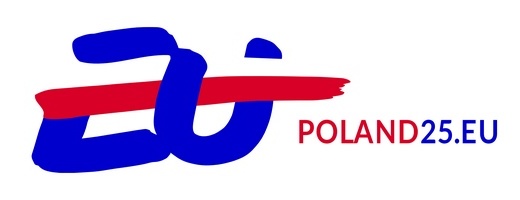Poland assumes the EU Council Presidency for the first half of 2025 under the motto “Security, Europe!” and the WB Info Hub wants to explore what is in store for research and innovation and the enlargement agenda. Poland’s commitment to strengthening the European Union’s global competitiveness and expanding its influence on the world stage is strong.
In the area of research and innovation, Poland’s presidency strives to cultivate a more inclusive and synergistic approach across the EU. They aim to foster openness and collaboration in research activities, despite the overarching focus on security in all its dimensions, and encourage cross-border partnerships and the free flow of ideas. A key aspect of Poland’s strategy involves enhancing synergies between various EU funding sources for research and innovation. By streamlining access to funding and promoting coordination between different programmes, Poland hopes to maximise the impact of EU investments. The Polish Presidency is placing particular emphasis on the role of innovation in boosting EU competitiveness and economic resilience. To this end, they are proposing measures to support entrepreneurs implementing disruptive technologies, with a special focus on areas such as artificial intelligence, quantum computing and green technologies.
Recognising the growing importance of AI in shaping the future, Poland is advocating for the strengthening of European AI research and development centres. In addition to civilian applications, the Polish Presidency is also highlighting the importance of research and innovation in bolstering EU defence capabilities.
Poland has made EU enlargement a cornerstone of its presidency, viewing it as a strategic imperative for the Union’s long-term stability and prosperity. The Polish government aims to accelerate the accession process for the Western Balkans, Ukraine and Moldova seeing the countries as natural partners that can contribute significantly to the EU’s economic and cultural diversity. The Polish Presidency’s focus on enlargement is also tied to broader discussions about the future of Europe. As the EU contemplates internal reforms to improve its decision-making processes and democratic legitimacy, Poland sees enlargement as an opportunity to reimagine the Union’s structures and policies, ensuring they are fit for purpose in an expanded and more diverse EU.
As Poland embarks on its EU Council Presidency, its priorities reflect a bold vision for a more secure, competitive and inclusive European Union. A lot of new initiatives are expected also as the new European Commission is in place since 1 December 2024 and the new European Parliament since July. This includes the definition of the next European Research Area (ERA) Policy Agenda for 2025-27, a new ERA Act to facilitate cross-border collaboration, AI in science, the mid-term evaluations of Horizon Europe and Erasmus+. In education, foci will include the preparation of the European Education Area 2025-30 and the European degree.
Important events are planned: 20-21 May in Krakow on Intellectual Property, 17-18 March on inclusive education. The Forum of European University Alliances is planned for 12-13 June.
For more information please refer to https://polish-presidency.consilium.europa.eu/

